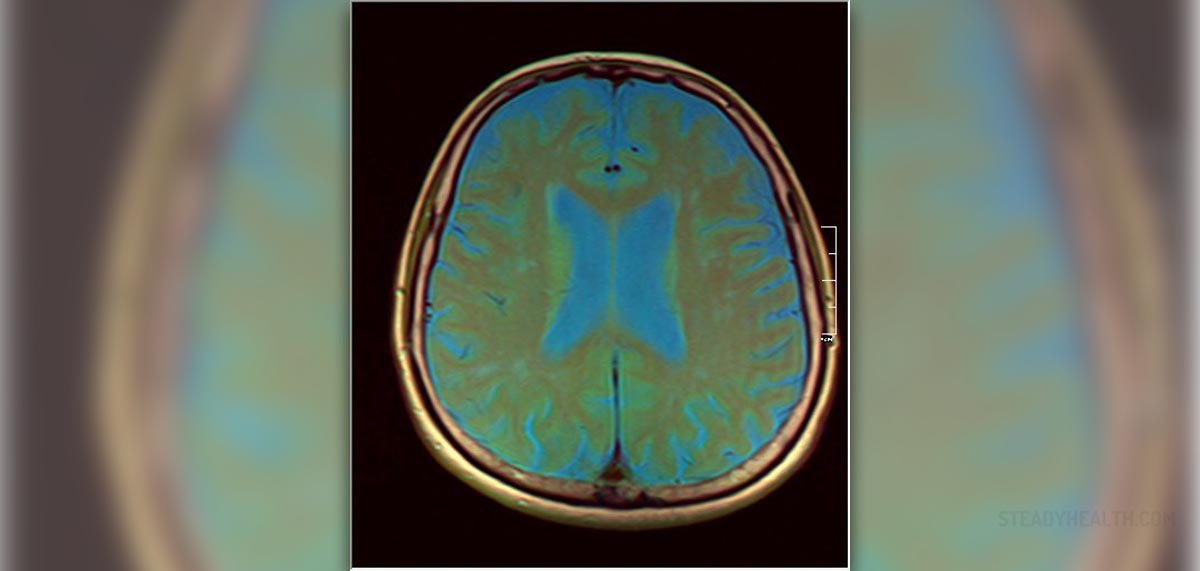
There Is No Pain Without the Brain
When we were veryyoung, all the way up to mature age, we often experienced the power of ourbrain when it comes to protecting us. Every time we got burnt, we cut orhurt ourselves in an abrupt way, we noticed how our hand has retracted itselfbefore we managed to be exposed to further damage. Or perhaps, whilewe were walking, driving a motorbike or a bicycle, a bug rushedstraight into our eyes, but the eye lids miraculously shut themselvesthe second before, protecting us. All this is triggered by our verybrain, calculating the inevitable danger and reacting before we areeven aware.
However, the painful experiences such as managing to getburnt before your brain stopped you, may all teach you not to do thatin the future. However, our brain still works in ways we are not ableto understand, and numerous actions of it are quite a mystery. Forexample, people who have lost a limb, due to a disease, or an injury,often complain how they feel constant pain in the area where theirlimb has been before. Also, some might feel constant, chronic painwithout any specific reasons. All this takes place due to certainnerve complications, some greater than the other.
The Lost Connection
Researching the issue of chronic painin limbs that no longer exist, doctors have found out remarkableresults. Namely, with those people who feel pain in limbs which havebeen amputated beforehand there has been a significant faulty changein the nervous system and the brain itself. Areas in one's brainwhich were in charge of, for example, arm movement and functions, getvacant since there is no longer an arm to control. These areas,however, remain connected with the pain receptors, even though thephysical extremity is no longer present, thus emitting chronic pain.Further on, our entire nervous system tries to cope with its loss,and sometimes, in these situations, adequate recovery andreorganization is not possible. Rather mistakes are made and thus,due to this “short-circuits” pain gets present.
The Memory of Pain
Interestingly enough, even we do not,our brain remembers every time we experienced serious pain. Therefore,in cases of limb loss the pain may not be lost, since the brain hadalready remembered it permanently. Doctors have discovered that thispain memories can be suppressed by cognitive therapy, certainmedications and timely reaction thus disabling the further, chronicpain. The treatment may also involve mounting a prosthetic arm orleg. This process has proven the decline in pain since the patient'sbrain may perceive the artificial limb as a real one. Also, numerouselectrical stimuli may be applied to the remaining nerves which wereonce in charge of one's hand. This can also cause pain to decrease.Even though these present major steps in our knowledge of our ownbrain, there is much more to be done since numerous things are stillmysteries.



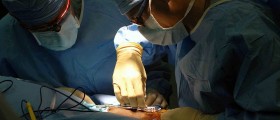



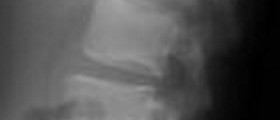



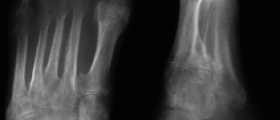


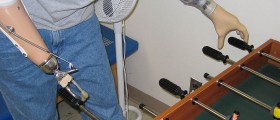


Your thoughts on this
Loading...